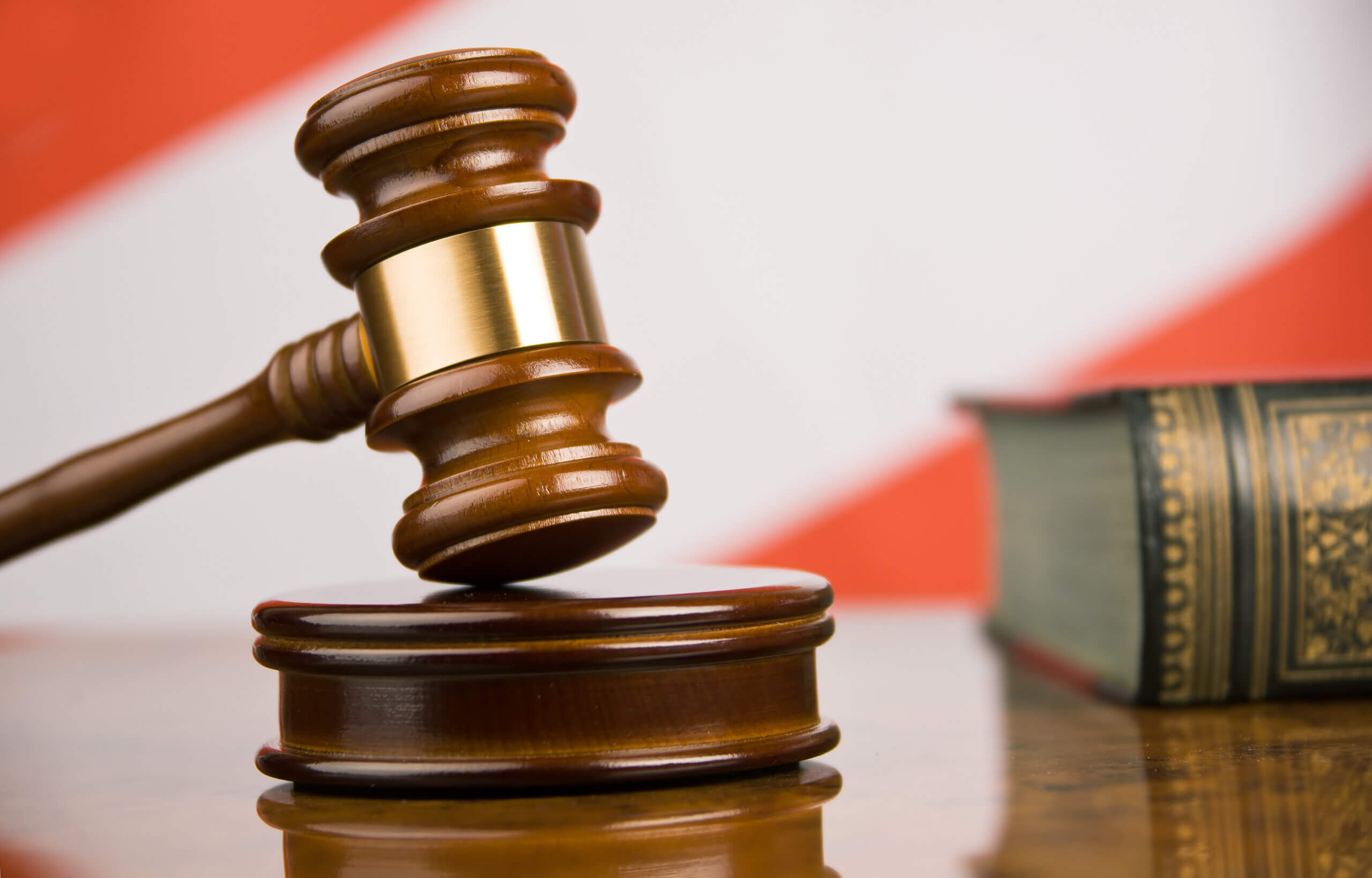What Happens During an Arraignment in Arizona?

An arraignment is a formal court hearing that typically occurs within 24 hours of your arrest. Your arraignment is the point where you will hear the formal charges against you and can enter a plea. It’s crucial to have a good criminal defense attorney for your arraignment hearing. Attorney Janet Altschuler has 20 years of experience as a defense attorney and can help you better understand your rights and what to expect throughout the legal process. She will represent you at your hearing and beyond, helping you develop a strong defense against your charges, evaluate the evidence against you, and negotiate with the prosecution. Here is her guide to understanding what happens during an arraignment in Arizona.
Formal Reading of the Charges Against You
At your arraignment hearing, you will be given a copy of the criminal complaint filed against you. The judge assigned to your hearing will read you the charges against you and ask you if you understand them. This will help you better understand why you were arrested and what crimes you are being accused of. If you don’t already have a criminal defense attorney, the court will appoint you a public defender for the arraignment hearing and determine if you need a court-appointed attorney for your case going forward.
Explanation of Your Rights
The judge will also explain your rights to you. This is similar to the Miranda reading you get when you are arrested. The judge will tell you that you have the right to representation by a criminal defense lawyer, and tell you how to get an attorney if you can’t afford to hire a private defense lawyer. They will also tell you that you have the right to remain silent to avoid self-incrimination, the right to examine the evidence against you, the right to a trial with a jury of your peers, and the right to an appeal.
Entering of Your Plea
The judge will ask you how you plead to the charges against you. Neither you nor your defense attorney can make arguments about your guilt or innocence; you will just enter a plea. You can plead guilty, not guilty, or no contest. No contest means that you aren’t admitting that you committed a crime, but you are willing to accept the judge or jury’s ruling. The judge will explain the potential consequences of a guilty verdict to you as well.
Determination of Bail
The arraignment hearing is often combined with a bail hearing. After you have heard the charges against you and entered a plea, the judge will determine if you will be released on bail. They will consider the crimes you are charged with, the circumstances, your age, your criminal record, and other factors. If you are denied bail, you will return to jail until your next hearing or your trial. If you are released on bail, you can go home but you must abide by specific terms, or you may be arrested again.
Setting Future Court Dates
The final thing that usually happens at an arraignment hearing is the judge sets future hearing dates. The next hearing after an arraignment may be a preliminary hearing if you are charged with a felony, or a pretrial conference if you are charged with a misdemeanor. However, if you plead guilty, you are waiving your right to a trial, and the judge will immediately set a date for your sentencing. If you don’t appear at your arraignment or any future court hearings, the court may issue a warrant for your arrest, and you may be charged warrant fees. You could also have a “Failure to Appear” charge added to your charges.
Do Not Attend an Arraignment Hearing Without an Attorney
You have the right to have a criminal attorney represent you at your arraignment hearing. Your attorney and the judge will give you crucial information about your case, and it’s important that you are informed of your rights and what to expect as your case proceeds. Janet Altschuler is a skilled criminal defense attorney with over 20 years of experience. She worked as a JAG Air Force prosecutor and criminal prosecutor before becoming a defense lawyer, so she can tell you what to expect from every angle. She also has extensive jury trial experience. If you’re looking for a criminal lawyer for a free consultation in Tucson, AZ, call now or contact us online to schedule a free initial consultation to discuss the details of your case prior to your arraignment hearing.